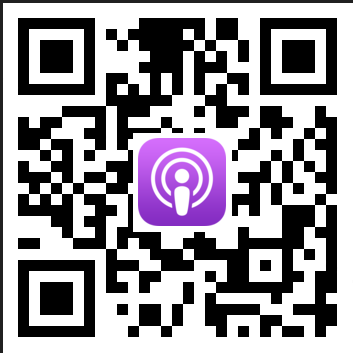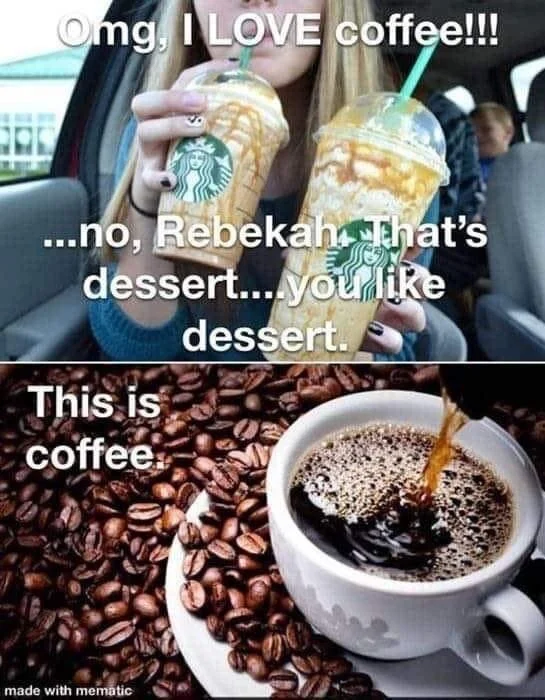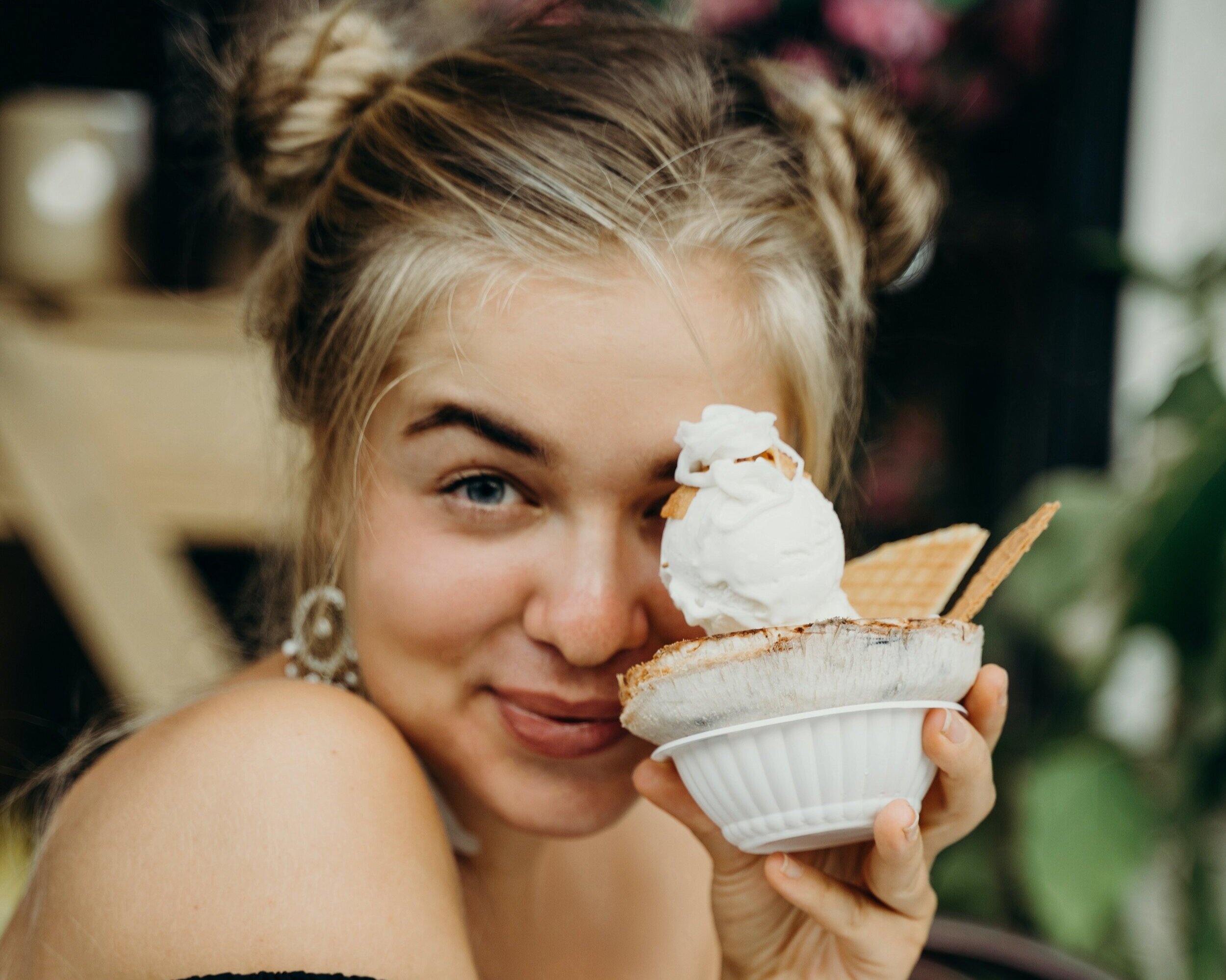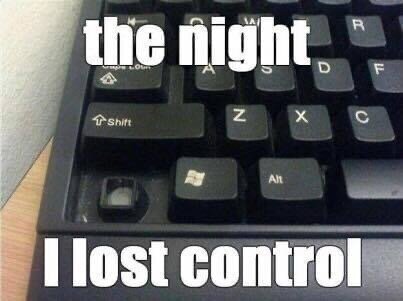Welcome to mind and body education and mastery!
Want to learn about why you may be at risk for diabetes, why you store extra weight, why you crave certain foods, or why you overeat or over drink? Learn about your mind and body in an entertaining, practical and easily-understandable format by browsing the collections below.
What are insulin resistance and diabetes, and how do you reverse them?
How and why do you store body fat, and how do you decrease how much fat you store?
What are urges, cravings and habits and how do you stop them?
What is emotional eating, and how do you stop doing it?
How does sugar and alcohol addiction happen, and how do you get over it?
Scroll through the posts to see what catches your eye!
Want individual guidance?
Sign up for a Free Consultation with me to learn more about the Game Changer Programs
RIGHT HERE!
Want EVEN MORE FREE STUFF???
Go RIGHT HERE!
Search for Diabetes Game Changer on either Apple Podcasts or Spotify! Or use the QR code to go right to it!
Drinking your Nutrition
What happens to your body’s relationship to food when you put it in a blender and drink it instead of eating it whole? Much more than you might think!
Green smoothies are a health food, right?
Not so much. You would think that your body would respond to food in the same way, not caring if you ate it whole or put it in a blender. But you’d be wrong! Your body responds to liquids far differently than it responds to solids.
Interested in reading more?
Emotional Fasting
Emotional Fasting. What is that? And why is it a horrible thing to do?
I have been thinking about fasting lately, including our daily motives for doing so.
I had a conversation recently with a client who was talking about her urge to change-up her fasting routine, to fast longer, because she had overeaten the day before. It got me to thinking, so of course that got me to writing!
Our motives to engage in ANY activity come down to an emotion we are having. And those emotions come from thoughts and directly lead to our results. How we are thinking about fasting has an enormous impact on our health!
Interested in reading more?
What to Pack in your Emergency Kit
What is in your lifestyle change emergency kit?
Wait, what? What does this have to do with insulin resistance, fasting, diabetes, weight loss and all that?
I know, right? I would think the same thing. But “bear” with me here, I spent many years teaching Outdoor Emergency Care for the National Ski Patrol. I know what I’m talking about. 😊
Magical Thinking
What is magical thinking and how is it impacting your health?
I used to engage in Magical Thinking in many ways that did not support healthy living.
Now I am amazed that I could believe any of it, really, although it is a perfectly natural phenomenon. But it turned out, that way of thinking was getting in the way of making real and substantial changes in my life.
No more.
Want to learn more?
It’s so easy to be conned
What are you really looking for in the daily coffee drink?
Food companies know how our primitive brain is wired, and they capitalize on that desire
If we get a reward in the form of feel-good brain chemicals when we do something, our primitive brain connects that “something” with survival. The brain literally thinks we need to seek it out again to help us survive. Food companies know this, even if we do not!
It is easy to say “I need some caffeine, I’m going to stop and get a coffee.”
And do you order an Americano black? Probably not. Because what you are seeking is NOT the coffee or the caffeine, (although you may be telling yourself it is, as I used to do), it is the “hit.” You are seeking a “hit” of dopamine that makes your brain feel good. But you are getting a front-end pleasure that comes with a back-end consequence, because all that sugar is contributing to your current ill health, your future disease, your fatigue, your inflammation, and your fuzzy thinking. Not to mention your weight, your insulin resistance and your blood sugar.
Yes, even that innocent “nonfat latte” that I used to order every single day was giving me a “hit.”
In my daily latte, I was getting about 20 grams of lactose (the type of sugar in milk). Lactose is about 1/2 as sweet as sugar. I was getting the equivalent of a little over 2 teaspoons of sugar in that latte. My insulin and blood sugar responded accordingly, as did my brain.
And you know what? When I switched to black coffee, suddenly I was not so interested in going to Starbucks anymore. The appeal was gone without the hit. Aaaa yes, I was NOT seeking the caffeine. I was seeking the “hit.”
Is ice cream on your board of directors?
It’s time to fire that food from a job for which it is totally unqualified!
Does it sometimes seem like food rules your life, making “decisions” on your behalf without you having much say in the matter?
That sure used to be the case for me. I was a confirmed emotional eater until I learned what was happening inside my brain to create that behavior.
It’s totally normal! Who knew?
But is it useful? Is it helpful to our healthier lives? Is ice cream even qualified for the job?
Let’s talk about Snacking!
Have you taken it as “truth” that snacking is a necessary practice for good health? You may be shocked to discover the real truth about it.
“Snacks are necessary to keep my energy up. I need them to keep from getting too hungry. I’m ‘hangry,’ quick, get me a snack! I’m trying to lose weight - must keep my metabolism revved by eating 6 small meals a day.”
Have you ever heard these comments? Or maybe said them yourself? You know what? It’s all made up. None of it is true.
And in fact, you might be shocked at what is happening in your body when you snack between meals. And I am not just talking about your weight. Snacking influences insulin resistance. Inflammation. Leaky gut. Gut biome. Autophagy. Nervous system…
I want to stop craving dessert!
I want to stop craving dessert! What are urges, cravings and habits? How to they happen? Can we eliminate them if they don’t serve us?
I used to crave dessert after dinner every night.
If I DIDN’T have dessert, I felt something was just not right. It felt like a loop was left open, a bow was left untied. It felt uncomfortable and I felt unsettled.
There is a simple explanation for why I felt that restless feeling: urges for dessert are simple neurological pathways in the brain. And these are powerful!
Want to learn what urges, cravings and habits are made of? And most importantly how to eliminate those that don’t serve you?
You mean I can eat whatever I want in my eating window?
Yes! You can eat whatever you want and still lose weight! Wait, what? Really? Yes, really.
Yes, you can eat whatever you want! Wait, what? Really? And still lose the extra weight?
Patience. Practice. Perseverance. I do it all, and yet there are times….
Given the opportunity to potentially cure a challenging medical problem with a medication that can kill me if I eat the wrong foods really brings out the humble human in me.
When I am reminded how far I’ve come, and yet how human I will always be.
Faced with a challenging medical problem with a potential “cure” that can kill you if you eat the wrong foods… I am given the opportunity to humbly dive into all my own tools once again to manage my mind and body.
We are too comfortable.
Are we avoiding change because we don’t want to suffer discomfort?
Our brains like the status quo and our bodies like homeostasis (stability, staying the same), and lifestyle change, by definition, disrupts both.
Many of us have come to feel that we are never supposed to feel discomfort, that “something is wrong” if we are uncomfortable or we have to work hard. We are bombarded by advertising that reinforces this idea - processed food so we don’t suffer the discomfort of chopping and preparing our food, fast food so we don’t have to wait, diet food so we don’t have to think and plan, food delivered to us so we don’t even have to leave our house!
We are told we “deserve a break today,” we need “comfort food,” we need chocolate when we are down….it goes on and on.
We are supposed to feel uncomfortable, and it matters to our health if we think we shouldn’t.
Want to read more?
Snacking! We’ve been brainwashed.
How many times have you heard that 6 small meals a day, or 3 meals and 2 or 3 snacks, is the best way to eat for optimal health?
Have you been told that eating 6 small meals a day, or 3 meals and 2 or 3 snacks, is the best thing for a healthy lifestyle? Does this make any biological sense? Why would our bodies require constant feeding in order to survive? Has it worked for you? Do other animals in the animal kingdom require that kind of feeding to survive? Who exactly invented snacking? Food companies invented snacking. We don’t need to snack for biological survival or energy preservation.
Do you sometimes feel out of control around food?
Do you sometimes feel out of control around food?
Did you know there is nothing at all wrong with you if that has happened? Your brain is just doing its normal job to keep you alive! Want to learn more? Schedule a free consultation with me and we’ll talk!
Apathy
Have you ever thought about what is in the way of making that initial commitment to healthy change?
It might be simple apathy!
And you know what? Apathy is a normal primitive brain, working normally. Finding it hard to commit to change has nothing to do with your quality of person, your willpower, your courage or anything else.
Want to learn how to overcome apathy?
Want to Confuse your Body?
What happens when you try intermittent fasting for the first time? The body is befuddled!
Why yes! Yes indeed you do!
If your body is used to a steady supply of glucose from what you’ve been feeding it for breakfast, lunch, dinner, and likely several snacks, you will have a bit of a transition to look forward to when you switch to Intermittent Fasting!
Want to learn more?
The Power of our Thoughts
Have you ever considered that it could be the thoughts that you are thinking that are ultimately creating your results?
Have you ever considered that the thoughts you are thinking have the power to change both your short-term and your long-term outcomes?
I “considered it,” but I also did not know how to affectively change my thoughts. They were “true”! How can you change “the truth”? I’m generally not an overly negative person, but I certainly saw no point in “thinking positive” when it felt entirely fake to do so. I’m no Pollyanna.
Life is made up of about 50% positive and 50% negative experiences.
Always. All life.
You can be rich, thin, healthy, beautiful, talented, gifted, and all the rest, but your life will still have about 50% negative emotions and experiences. They may be about different things, but the ratio remains about the same.
Learning to listen to our thoughts, and potentially change them, does NOT mean thinking only positive thoughts. You WANT to feel negative emotions when a loved-one dies, or you do something you regret. Plus, you can’t really enjoy the positive unless you have the contrast of the negative.
But what if I am creating MORE negativity by choosing thoughts that are leading to behaviors that are impacting my physical and mental health negatively?
Would you like to learn more about how this works and, most importantly, how to make it work FOR you?
I’m Hungry!
Are you afraid of being hungry? So was I! Until I changed my physiology and my mindset. You can do this too!
We are often afraid of hunger. I know I sure was.
I don’t mean true “hunger” where food is scarce and humans are starving. You are not that person if you are reading this right now.
I just mean the sensation of “being hungry” when food is in abundance.
In the past, if I were going to be without food for a while, I would eat, even though I wasn’t hungry, so that I wouldn’t get hungry later!
Pre-emptive eating.
When I wasn’t hungry.
So I would not get hungry.
Good Grief.
Hunger is a fantastic thing! As long as your body is working normally. Want to learn more?
Urges, Cravings and Habits!
What are urges, cravings and habits? How are the created? Can we do something about them?
What is an urge?
It is simply a compelling desire to take one action over another – eat sugar in spite of a previous plan to avoid sugar that day for instance.
A craving is the same thing, but more specific.
Crave for a donut, for instance. Or even a specific type of donut.
A Habit is simply a neuropathway in the brain formed by repeatedly acting on those urges and cravings.
Behaviors and decisions are based on two primary parts of our brain: the prefrontal cortex and the primitive brain.
Once we understand how our brains create urges, cravings and habits, they can be changed to our advantage. Those that do not serve us can be eliminated and we can build healthy habits that serve our higher goals.
Interested in learning more?
Changing Our Relationship With Sugar!
Sugar! We love it. We hate it. We can’t live with it. We can’t live without it! Why is that?
Many of us have had trouble around sugar, myself included.
But you know what? This is completely normal! If you struggle with what feels like “sugar addiction,” it’s not. It’s just a normal brain doing its normal thing.
And you know what else? It is possible to change your attachment to it!
Desire is a LEARNED BEHAVIOR. And what does that mean? It can be UNLEARNED!
You were not born wanting to eat sugar. Yes, you were born with a brain that gets pleasure from eating sugar, but that is not the same as DESIRING sugar. You did not come out of the womb and immediately want a cookie.
But in order to change our relationship with sugar, we need to understand where it comes from and how it works.





















